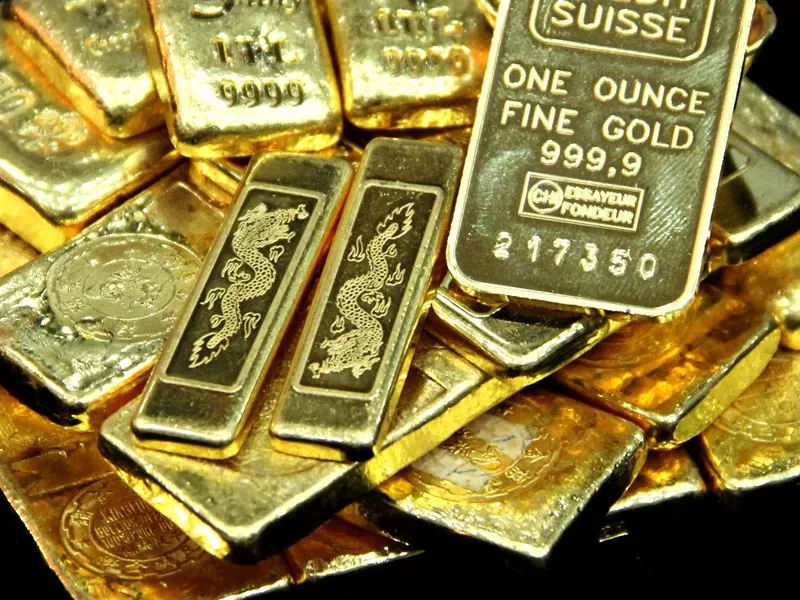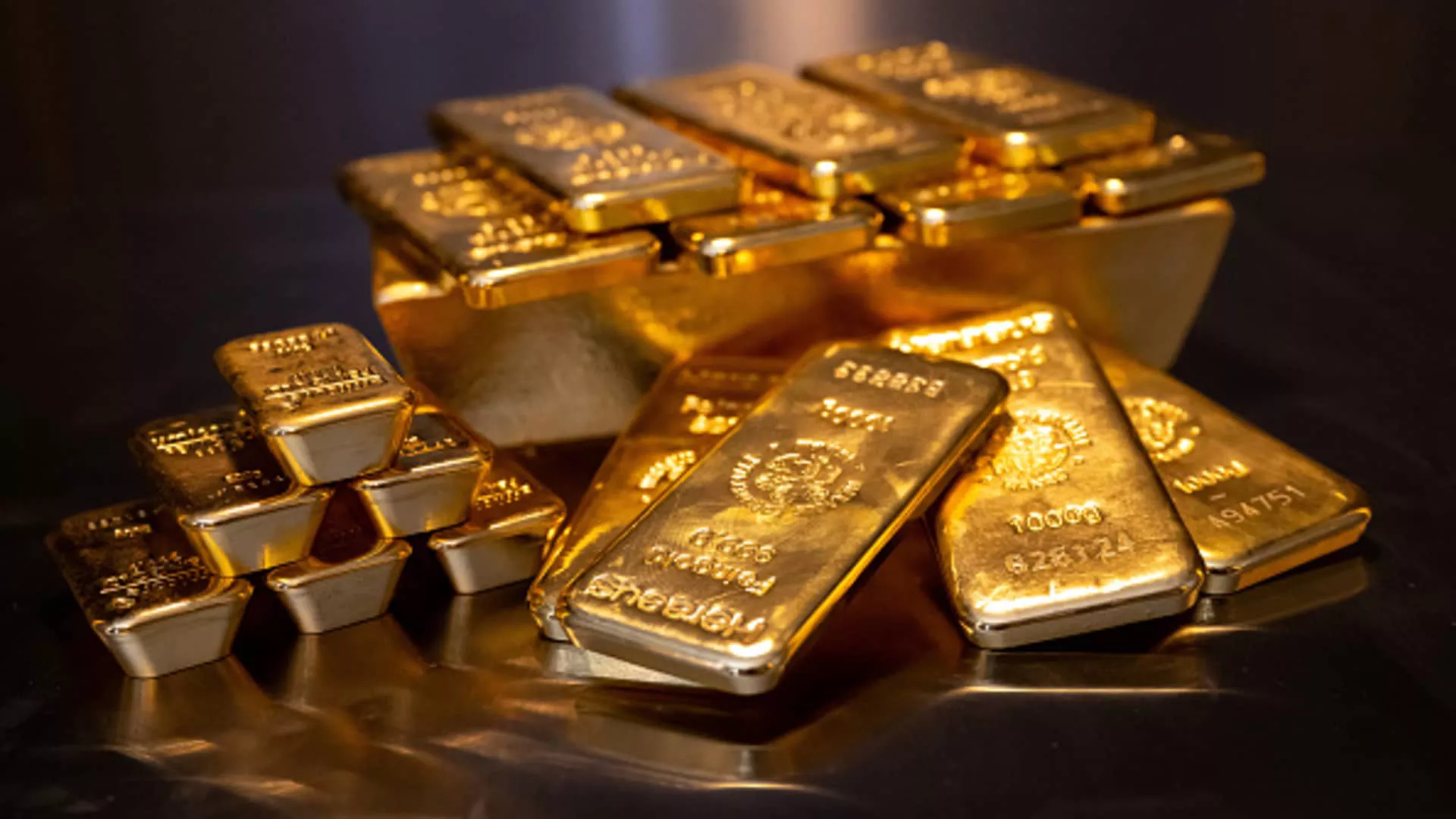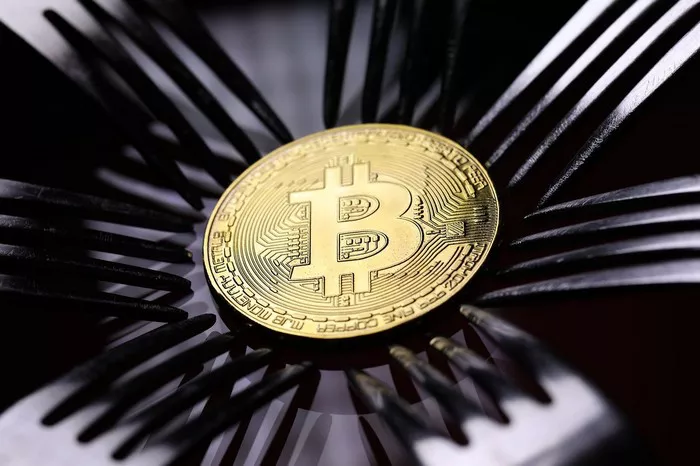China’s aggressive gold-buying strategy has become a significant point of discussion in global financial circles. As one of the world’s largest economies, China’s actions in the gold market have far-reaching implications. This article aims to delve into the reasons behind China’s increasing gold purchases, exploring the economic, geopolitical, and strategic motivations that drive this trend.
Understanding China’s Gold Reserves
China’s Growing Appetite for Gold
China has been steadily increasing its gold reserves over the past decade. The People’s Bank of China (PBOC) has been actively purchasing gold, with reserves now estimated to exceed 2,000 metric tons. This surge in gold accumulation raises questions about the underlying reasons for this strategy.
Historical Context of Gold Reserves
Historically, gold has played a crucial role in the global economy as a store of value and a hedge against inflation. For centuries, nations have used gold to stabilize their economies during periods of uncertainty. China’s current gold-buying spree reflects a broader strategy to diversify its foreign exchange reserves and reduce reliance on the U.S. dollar.
Economic Motivations Behind China’s Gold Purchases
Diversification of Foreign Exchange Reserves
One of the primary reasons for China’s gold purchases is the diversification of its foreign exchange reserves. Currently, a significant portion of China’s reserves is held in U.S. dollars. By increasing its gold holdings, China aims to reduce its dependence on the dollar and mitigate the risks associated with holding large amounts of U.S. debt.
Hedging Against Global Economic Uncertainty
Gold is traditionally seen as a safe-haven asset, particularly during times of economic uncertainty. As the global economy faces challenges such as inflation, trade tensions, and geopolitical instability, China is likely hedging its bets by increasing its gold reserves. This move provides a buffer against potential economic shocks and ensures greater financial stability.
Inflation Concerns and Gold as a Hedge
Inflation is a growing concern for many economies, including China. With rising consumer prices and potential monetary policy shifts in major economies, gold serves as a hedge against inflation. China’s gold purchases can be seen as a protective measure to safeguard its wealth and maintain purchasing power in an inflationary environment.
See Also: What Is The Best Gold?
Geopolitical and Strategic Considerations
Reducing Reliance on the U.S. Dollar
The U.S. dollar has long been the dominant global reserve currency, but its influence has been gradually waning. China’s gold accumulation is part of a broader strategy to reduce reliance on the dollar and assert its influence in the global financial system. By bolstering its gold reserves, China can increase its bargaining power and reduce its vulnerability to U.S. economic policies.
Strengthening the Yuan’s Global Standing
China has been actively promoting the internationalization of its currency, the yuan (RMB). Increasing gold reserves enhances the credibility of the yuan as a global currency. By backing its currency with substantial gold reserves, China signals to the world that the yuan is a stable and reliable alternative to the dollar.
Geopolitical Tensions and the Safe-Haven Appeal of Gold
Geopolitical tensions, particularly between China and the United States, have heightened the importance of gold as a strategic asset. As these tensions persist, China is likely to continue accumulating gold to safeguard its economic interests and prepare for potential economic conflicts. Gold’s intrinsic value makes it an attractive asset during times of geopolitical uncertainty.
The Role of Gold in China’s Economic Strategy
Supporting China’s Long-Term Economic Goals
China’s gold-buying strategy is closely aligned with its long-term economic goals. As the country transitions from an export-driven economy to one focused on domestic consumption and innovation, gold serves as a critical asset for ensuring economic stability. By holding large gold reserves, China can navigate economic transitions more effectively and safeguard its wealth.
Enhancing Economic Resilience
Economic resilience is a key priority for China, especially in the face of global economic volatility. Gold provides a stable foundation for China’s financial system, helping to protect against external shocks and maintain economic stability. As the global economic landscape becomes more unpredictable, gold’s role in China’s economic strategy is likely to grow.
Gold as a Tool for Currency Stabilization
Currency stabilization is another critical aspect of China’s gold-buying strategy. By holding substantial gold reserves, China can support the value of the yuan during periods of currency volatility. This capability is particularly important as China seeks to position the yuan as a global reserve currency and reduce its reliance on the dollar.
Global Implications of China’s Gold Purchases
Impact on Global Gold Markets
China’s aggressive gold purchases have significant implications for global gold markets. As one of the largest buyers of gold, China’s actions can influence global gold prices and market dynamics. Increased demand from China has the potential to drive up prices, benefiting gold-producing countries and investors.
Shift in Global Economic Power
China’s gold-buying strategy reflects a broader shift in global economic power. As China continues to accumulate gold, it challenges the traditional dominance of the U.S. dollar and asserts its influence in the global financial system. This shift has implications for global trade, investment, and economic stability.
Challenges for the U.S. Dollar’s Dominance
China’s growing gold reserves pose a challenge to the U.S. dollar’s dominance as the world’s reserve currency. As China reduces its reliance on the dollar and promotes the yuan as a global currency, the dollar’s position may weaken. This shift could lead to changes in global trade dynamics and influence the strategies of other countries.
China’s Gold Buying: A Long-Term Strategy
China’s Vision for a Multipolar Financial System
China’s gold-buying strategy is part of a broader vision for a multipolar financial system, where no single currency or country dominates global finance. By accumulating gold, China positions itself as a key player in this evolving system. This strategy aligns with China’s long-term goals of promoting a more balanced and equitable global economic order.
Preparation for Future Economic Challenges
China’s gold accumulation can also be seen as preparation for future economic challenges. Whether it’s navigating potential trade conflicts, managing economic slowdowns, or responding to financial crises, gold provides China with the flexibility and security needed to face these challenges. By holding substantial gold reserves, China is better equipped to protect its economy in an uncertain world.
The Strategic Importance of Gold in China’s Global Ambitions
Gold is not just an economic asset for China; it is also a strategic tool in its global ambitions. As China seeks to expand its influence on the world stage, gold plays a crucial role in enhancing its economic and geopolitical power. This strategic importance underscores why China is likely to continue its gold-buying spree in the years to come.
Conclusion
China’s aggressive gold-buying strategy is driven by a combination of economic, geopolitical, and strategic factors. By diversifying its foreign exchange reserves, hedging against global economic uncertainty, and reducing its reliance on the U.S. dollar, China is positioning itself for a more stable and resilient economic future. The global implications of China’s gold purchases are significant, signaling a shift in economic power and challenging the dominance of the U.S. dollar. As China continues to accumulate gold, it reinforces its position as a key player in the global financial system and prepares for future economic challenges. Understanding the motivations behind China’s gold-buying strategy provides valuable insights into the evolving dynamics of the global economy and the future of international finance.
[inline_related_posts title=”You Might Be Interested In” title_align=”left” style=”list” number=”3″ align=”none” ids=”3199,3169,3037″ by=”categories” orderby=”rand” order=”DESC” hide_thumb=”no” thumb_right=”no” views=”no” date=”yes” grid_columns=”2″ post_type=”” tax=””]
































